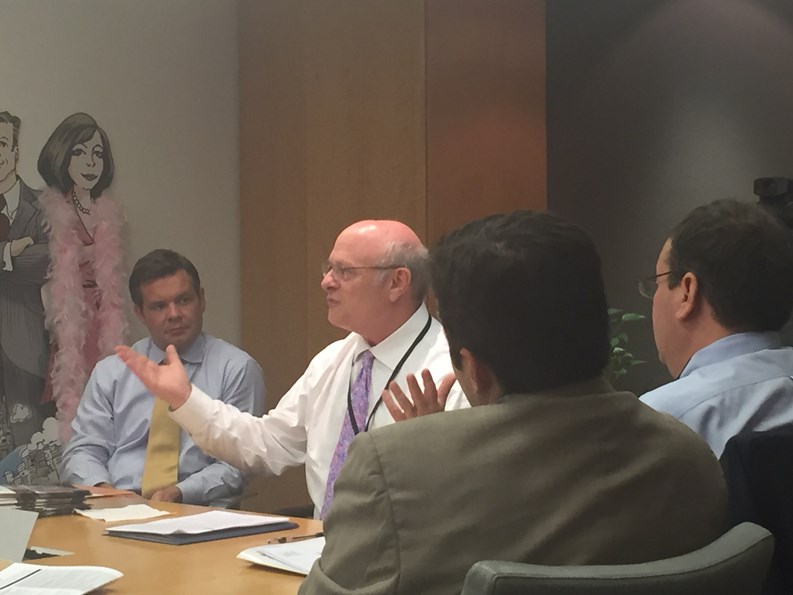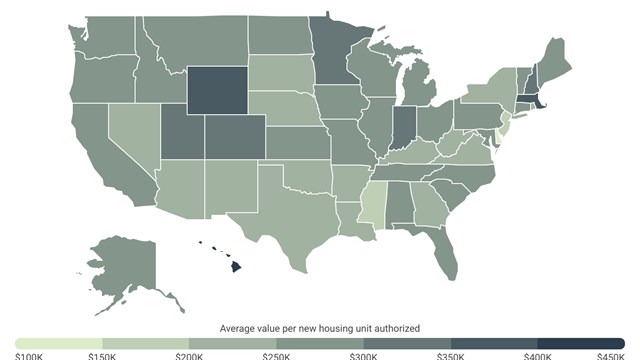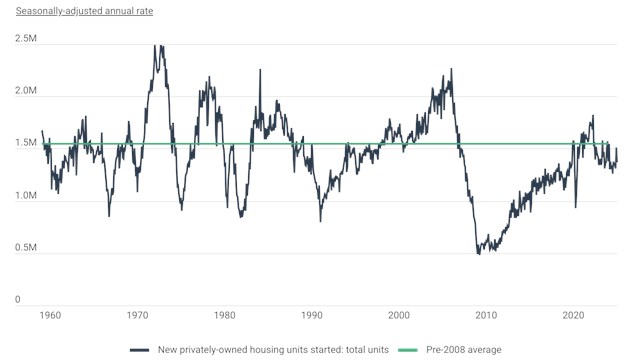New York boards have a more difficult
time understanding and managing the transition process than other
places in the country because specific rules and regulations exist
elsewhere to guide them through the process, according to experts at
a recent Community Associations Institute Big Apple chapter panel.
Boards have to rely on their professionals: attorneys, managing agents, accountants, engineers and others, to help them navigate the sometimes confusing process of transitioning from sponsor control. Transition occurs in newly constructed buildings or in conversions when the sponsor, usually a developer, relinquishes control after a certain percentage of units are sold or after a period of time passes.
Transition, says Mitch Frumkin, PE, RS, CGP, who is president of the Pennsylvania/Delaware Valley chapter of CAI and was instrumental in the formation of the Big Apple chapter, actually begins when the developer decides to build a condo development that would eventually become a community or homeowners association. It’s not so much a point in time as an entire process that could take years, he says. “Turnover is part of the transition and turnover is that point in time when the association takes control,” Frumkin adds. Because of the volume of building going on in New York City in recent years, the condominium market is very busy with transitions right now, he says.
Speakers at the Big Apple CAI seminar hosted by NCB, Kenneth Jacobs, an attorney and partner at the law firm of Smith, Buss & Jacobs, Annette Murray, a CPA and a shareholder in the New York office of Wilkin & Guttenplan, PC and Steve Lasser, an attorney and founding partner of Lasser Law Group, explained what steps need to be taken to ensure a successful transition. Lasser also spoke about what boards and owners can do when faced with problems related to construction defects.
Where to Begin
Jacobs, who said his firm represents about 300 New York area associations, began by providing an overview of how the process should work. He said that current law spells out that transitioning to board control should occur after five years or after 50 percent of the units have been sold. In a new construction scenario, the sponsor has the right to designate at what percentage the building must be turned over, but they still must do so after five years. New York State is on the cutting edge of a lot of things, says Jacobs, but co-op and condo governance is not one of them.
Oftentimes, says Jacobs, the sponsor is intent on controlling things long after they’re legally allowed to and they’ve paid little attention to the governing documents so that the new board hasn’t a viable association going forward.
“Board members are not nearly as well-prepared for governance as you’d like them to be,” and as they are in other parts of the country, adds Jacobs. Fred Rodriguez, president of Associa New York, a nationwide management firm, concurred. He said places like Florida have the transition process delineated legally in statute so that board members know how to proceed when they take control.
Jacobs says it falls to the team: the managing agent, the accountant, the engineer, and the attorney, for example, to manage the transition going forward. You have to get a handle on a lot of things where the sponsor dropped the ball: such as keeping proper records for arrears, alterations, deferring maintenance repair payments, and shoddy budgeting, etc.
Management is there to provide guidance. “It’s important for the board to know what you have to do. Don’t overestimate what board members know, they really need to understand that you’re coming in with a lot of upfront learning that you’re going to have to do and explain to them, why, and how long it’s going to take.” Another important point, he says, is to establish a good relationship with your owners and communicate with them every step of the way during the transition.
The board also needs help from their professionals in developing new policies that will become part of the governing documents: (things like leasing, pet issues, emotional support animals, smoking, alterations, guest occupancy, trust transfers, and other building practices.) “There are a lot of nuts-and-bolts daily building policies that boards and board members don’t know,” Jacobs says.
“I urge boards to realize there is life beyond the sponsor. I say to the board that they have to have a plan over the long term to build a viable association. They should build a sense of community to enhance property values and maintain fiscal stability.”
Do Your Due Diligence
Murray, whose firm deals with over 700 buildings in New Jersey and 80 co-ops and condos in New York City, says that the transition process outside of New York City is much more formal and rigid.
She sensed that a lot of board members are quickly overwhelmed by their newfound responsibilities. In a lot of new buildings she represents that formality is lacking, she says. Board members are not up to speed on the details of what needs to be done, like having conducted an engineering study, for example.
Murray cautioned that the first step is to rely on your managing agent, your attorney, your accountant and most importantly, an engineer, to make sure that the development that is being turned over is compliant both financially and operationally.
To that end, she says, the board has to be aware that the sponsor has fulfilled his or her financial and fiduciary obligations to the building as outlined in the offering plan. Secondly, the board needs an accurate accounting of all funds collected and disbursed, and knows that a comprehensive audit has been done to ascertain that the building is in a firm financial footing.
Lasser noted that he finds there are still sponsor issues involving co-ops that were converted over 10, even 20 years ago. Sometimes governance doesn’t go by the books, and boards haven’t had quorums in years, but pass regulations just the same, he says.
For more information about the CAI Big Apple chapter and future events, go to the chapter website.
Debra A. Estock is managing editor of The Cooperator.










Leave a Comment